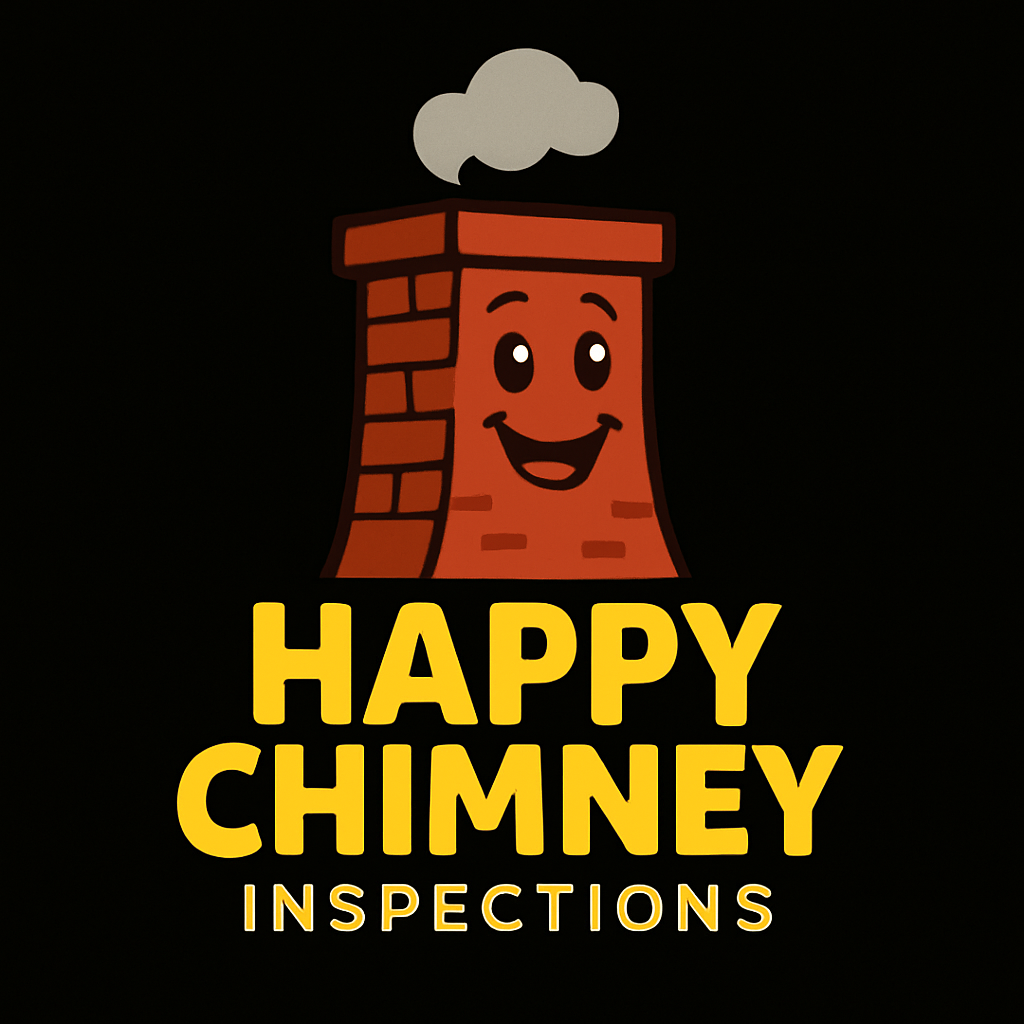At Happy Chimney Inspections, we provide professional and high-quality services to help you whether you are buying, selling, or maintaining your home. As soon as you contact us, our certified inspectors will offer their expertise to guide you through the process.
We will discuss any major issues that need attention soon and highlight any deferred maintenance items to keep an eye on. Our easy-to-read Spectora report, delivered in HTML and/or PDF format, will detail all of these findings and include images for reference.
5 Ways an Inspection Can Benefit You
Negotiations Leveraged
Buyers can use the inspection report to negotiate a better price or ask for repairs, while sellers can choose to address issues before listing to justify their asking price.
Ensures Your Safety
An inspection evaluates critical safety concerns such as electrical hazards, carbon monoxide risks, mold, and structural integrity.
Prepares You For the Future
We can point out components near the end of their lifespan so you can budget accordingly.
Garners Trust
Sellers who conduct pre-listing inspections can show transparency and build buyer trust, potentially leading to quicker offers and smoother negotiations.
Grants Peace of Mind
Knowing the condition of the home helps you feel confident in your purchase or sale and reduces surprises after the transaction.
Frequently Asked Questions
A Level 2 inspection is required by the National Fire Protection Association (NFPA 211) in several situations:
Upon the sale or transfer of a property with a chimney system.
When any changes are made to the chimney system, such as a change in fuel type (e.g., converting from wood to gas), changes to the shape or material of the flue (e.g., relining), or the replacement or addition of an appliance of a dissimilar type, input rating, or efficiency.
After an operating malfunction or external event that is likely to have caused damage to the chimney. This includes chimney fires, building fires, seismic events (earthquakes), or severe weather events like lightning strikes or strong winds.
It’s also highly recommended as a preventative measure every few years, especially for older chimneys or if you suspect any issues that aren’t immediately visible.
Level 1 Inspection: This is a basic, visual inspection of readily accessible portions of the chimney, its connections, and the appliance. It’s typically done during routine annual cleanings when the system hasn’t changed, and there are no known issues. No special tools are usually required beyond a flashlight.
Level 2 Inspection: This is a more in-depth inspection that includes everything in a Level 1, plus access to accessible areas like attics and basements, and most importantly, a video scan of the chimney’s interior flue. It aims to identify hidden damage or hazards that wouldn’t be visible from a simple external or internal glance.
The duration can vary depending on the size and complexity of your chimney system, but typically a Level 2 inspection can take 1 to 2 hours or more.
Yes, you will receive a detailed report outlining our findings, including any deficiencies, concerns, and recommendations for repairs or further action.

